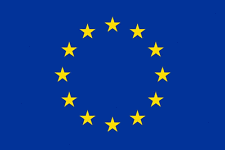Almost 10 years after the European Commission’s Social Business Initiative Communication (2011), what progress has been made by Member States in enabling adequate legal frameworks for enterprises which have a social mission?
The present report will try to answer that question by reviewing ad hoc legislation on social enterprise (SE) across EU Member States. Two models of legislation on SE may be identified across the EU: first generation laws, which are essentially laws on social cooperatives, and second generation laws – strongly influenced by the EC’s concept of SE – are laws according to which the SE is a legal status or label that entities with certain requirements may acquire, regardless of the legal form of incorporation.
The report, commissioned by CECOP to Professor Antonio Fici, analyses these alternative models of legislation on SE from the standpoint of worker and social cooperatives and also identifies the core elements of the legal identity of SEs. It suggests that cooperatives warrant specific consideration within these laws, regardless of the model of legislation on SE adopted by legislators and notwithstanding the fact that all SEs have a common legal identity conforming to the concept of SE present in the SBI Communication.
The reason for this lies in the fact that, according to the author, SEs in the cooperative form are more virtuous than SEs incorporated in other legal forms, given the values that, per se, characterize the cooperative model of business organization, as they have developed across the centuries and are recognized and safeguarded by the International Cooperative Alliance, such as self-help, self-responsibility, democracy, equality, equity, and solidarity.







 Entrepreneurship
Entrepreneurship


